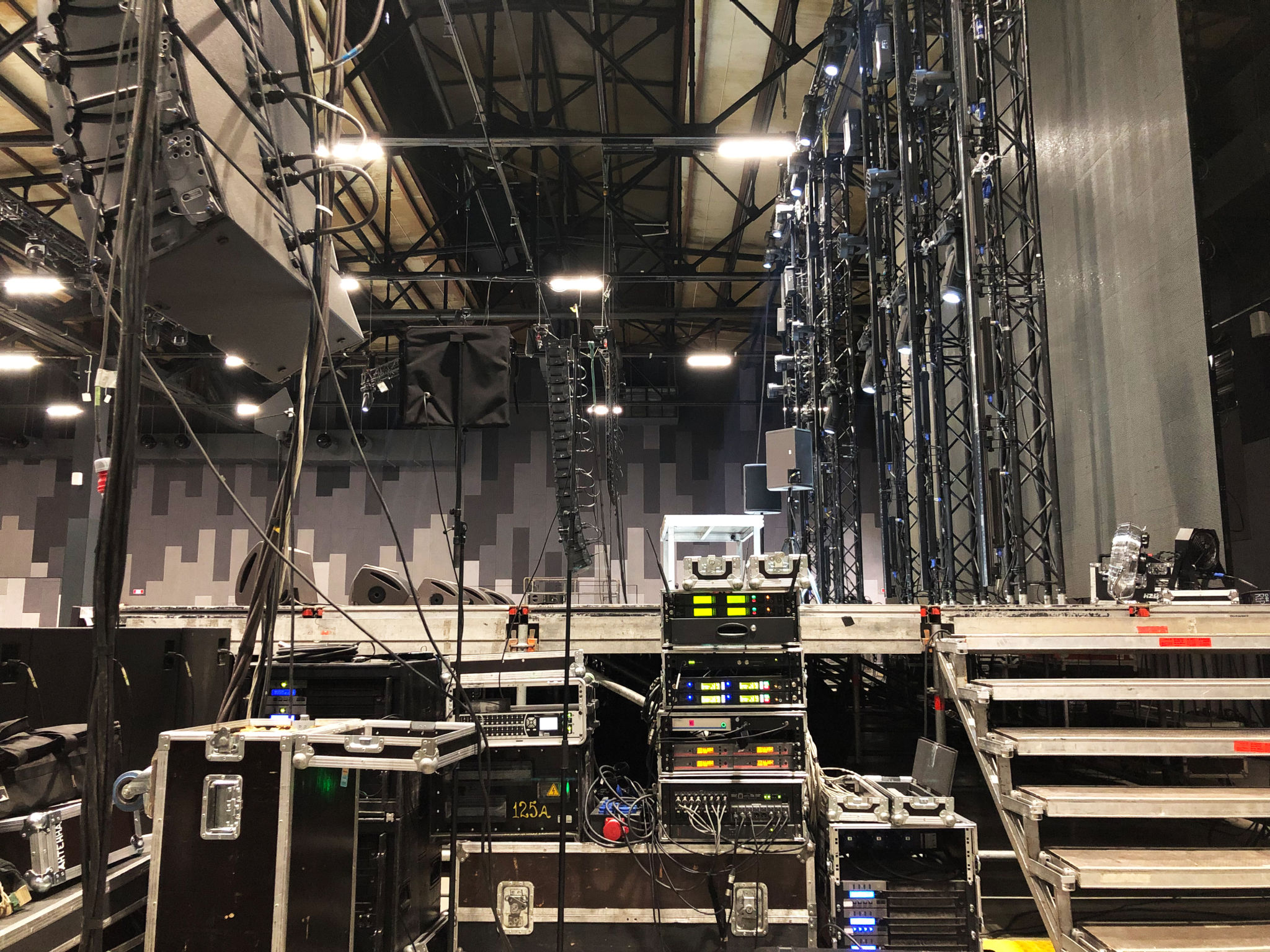Warehouse Support for Events: Ensuring Smooth Operations
The Importance of Warehouse Support for Events
In the dynamic world of event management, ensuring smooth operations can be a daunting task. One of the critical factors that contribute to the success of any event is efficient warehouse support. From storing essential equipment to managing logistics, a well-organized warehouse can significantly impact the overall outcome of an event.
Without effective warehouse support, event coordinators may face numerous challenges, from misplaced items to delayed setups. As events continue to grow in scale and complexity, the role of warehouse support becomes even more vital.

Streamlined Inventory Management
One of the primary functions of warehouse support is to provide streamlined inventory management. A systematic approach to inventory ensures that all necessary items are accounted for and readily available when needed. This is particularly important for events that require a wide array of equipment, from audio-visual gear to seating arrangements.
Implementing an inventory management system can help track assets, reduce redundancies, and minimize the risk of misplacement. Using technology such as barcoding and RFID tags can further enhance accuracy and efficiency in managing inventory.
Effective Logistics Coordination
Warehouse support plays a crucial role in logistics coordination, which is essential for the timely setup and breakdown of events. Coordinating the movement of goods from the warehouse to the event venue requires meticulous planning and execution. This includes scheduling deliveries, arranging transportation, and ensuring that all items arrive intact and on time.
Having a dedicated logistics team within the warehouse can ensure seamless coordination. They can oversee the entire process, from loading and unloading to setting up equipment at the venue.

Risk Management and Contingency Planning
Another critical aspect of warehouse support in event management is risk management. Events are prone to unexpected issues such as equipment failures or last-minute changes. A well-prepared warehouse team can quickly respond to these challenges by having contingency plans in place.
This involves maintaining a backup inventory of essential items and coordinating with suppliers for rapid replacements. By anticipating potential risks, warehouse support can help mitigate disruptions and maintain the smooth flow of events.
Enhancing Communication and Collaboration
Effective communication and collaboration between event planners and warehouse staff are vital for successful operations. Clear lines of communication ensure that everyone is on the same page regarding requirements, timelines, and responsibilities. Regular meetings and updates can enhance coordination and prevent miscommunications.

By fostering a collaborative environment, warehouse teams can work closely with event planners to address specific needs and provide tailored solutions. This partnership is key to delivering a successful event experience.
Conclusion: The Backbone of Event Success
In conclusion, warehouse support serves as the backbone of successful event management. From inventory management and logistics coordination to risk management and communication, its impact on operations is undeniable. As events continue to evolve, investing in robust warehouse support systems will be crucial for ensuring seamless operations and achieving event success.
Event planners who recognize the importance of efficient warehouse support are better equipped to deliver memorable experiences for their clients and attendees alike.
